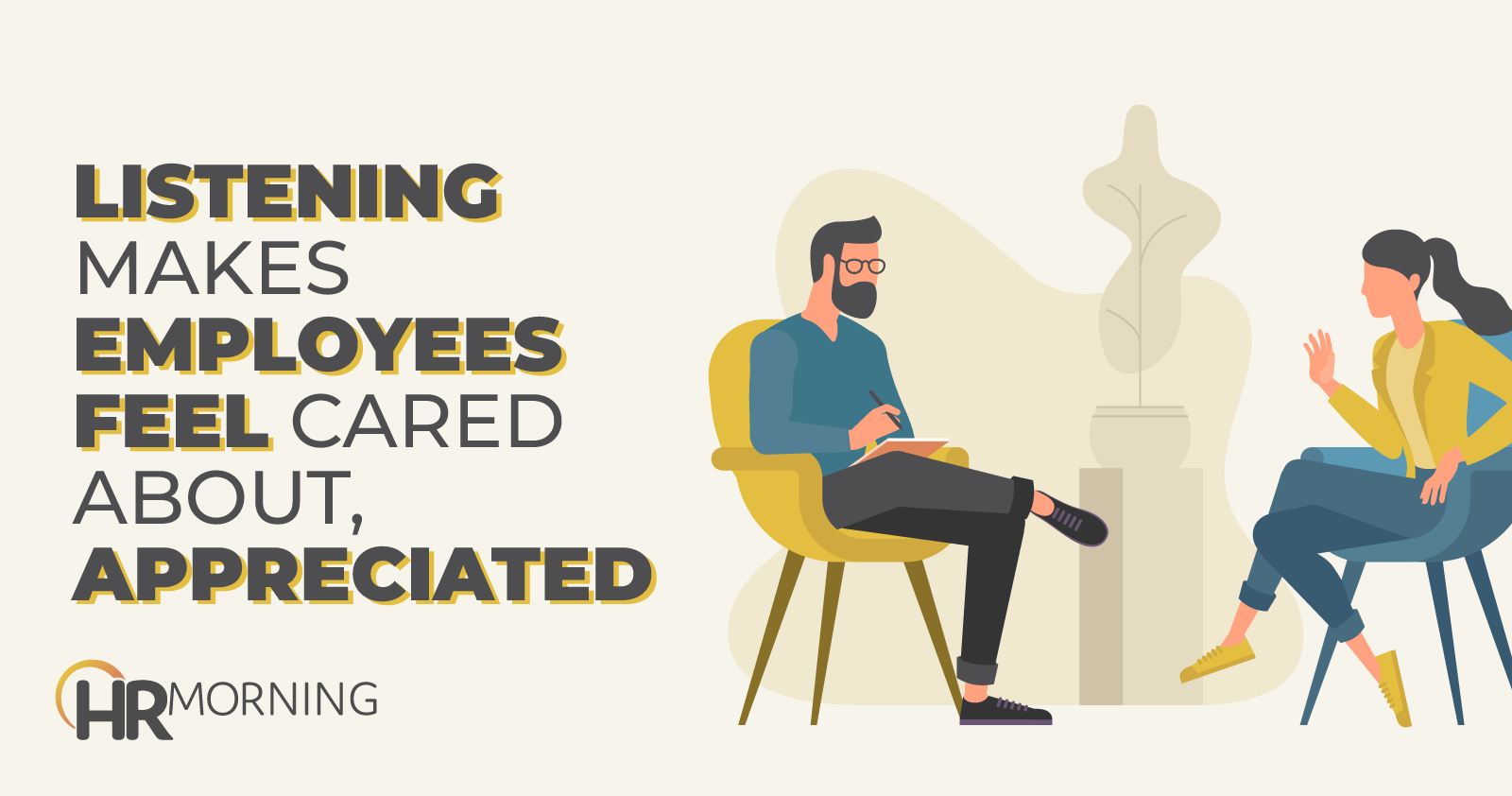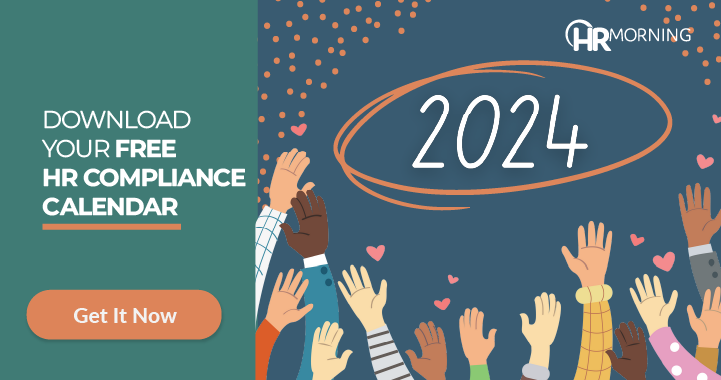Guess what can give you higher employee retention? Listening!
A recent study found that organizations that listened to and acted on employee feedback were 11 times more likely to have high retention rates.
And the important thing is technology allows employers to survey employees at the drop of a hat. No longer do you have to create oodles of photocopies and have employees fill the survey out manually. Now, you just send employees the link and they can fill out the survey online.
The study, 2022 Special Report: The State of Employee Listening by Perceptyx, asked HR decision-makers from 600 organizations with 1,000 or more employees about their listening strategy, how COVID-19 changed it, and where they were taking it in the future.
Do you have a formal listening program?
Ninety-four percent of the companies that responded said they have a formal listening policy in place. This, in part, is thanks to the pandemic. During the pandemic, many employers started surveying their employees to find out what they wanted and needed. They also found this made their employees happier and more productive. Why? Because employees felt their employers cared about them and listened to their desires and needs. And honestly, who doesn’t want to feel cared about.
Only one in six organizations said their “listening program” is more than a decade old. But 75% said they planned on expanding their listening even more over the next year.
Frequency
As a Benefits pro, you know how important listening is. It’s how you keep employees happy by providing the benefits they want and need. But how often is good?
Sixty percent of respondents said they survey their entire organization quarterly, and subsets even more frequently. But back in 2014, only 18% surveyed their employees more than once a year. Just goes to show how the pandemic opened our eyes to the need for asking employees what they want to keep them happy, healthy and loyal.
The frequency, to some point, is also because technology now allows HR to garner result reports in real-time. That means employers can act on them faster, too.
Retention, financial benefits
Listening seems a small price to pay for the influence it can have over retention, especially during the Great Resignation. And if that doesn’t sell your executive on doing more surveys, the study also found that companies that listen to and act on employee feedback are three times as likely to meet or exceed their financial targets.
“Lack of executive support is one of the biggest barriers to success of a listening program,” said Emily Killham, Director of Research and Insights at Perceptyx. “Talent shortages and the Great Resignation have proven employee listening tactics are critical for organizations trying to meet their business goals … these findings show the benefits of integrating employee feedback in terms that should make executives sit up and pay attention.”
And the organizations that have the greatest impact on overall business performance are those that fall in the category of “continuous conversationalists.” These are the companies that use a variety of active and passive listening channels, which have executives lead the listening strategy in partnership with HR and have managers responsible for understanding and acting on the feedback, as well as communicating the progress to employees.
Not surprising those organizations that have the least impact on business are “episodic listeners” who do surveys once, maybe twice, a year and keep the results to themselves (executives and HR).


